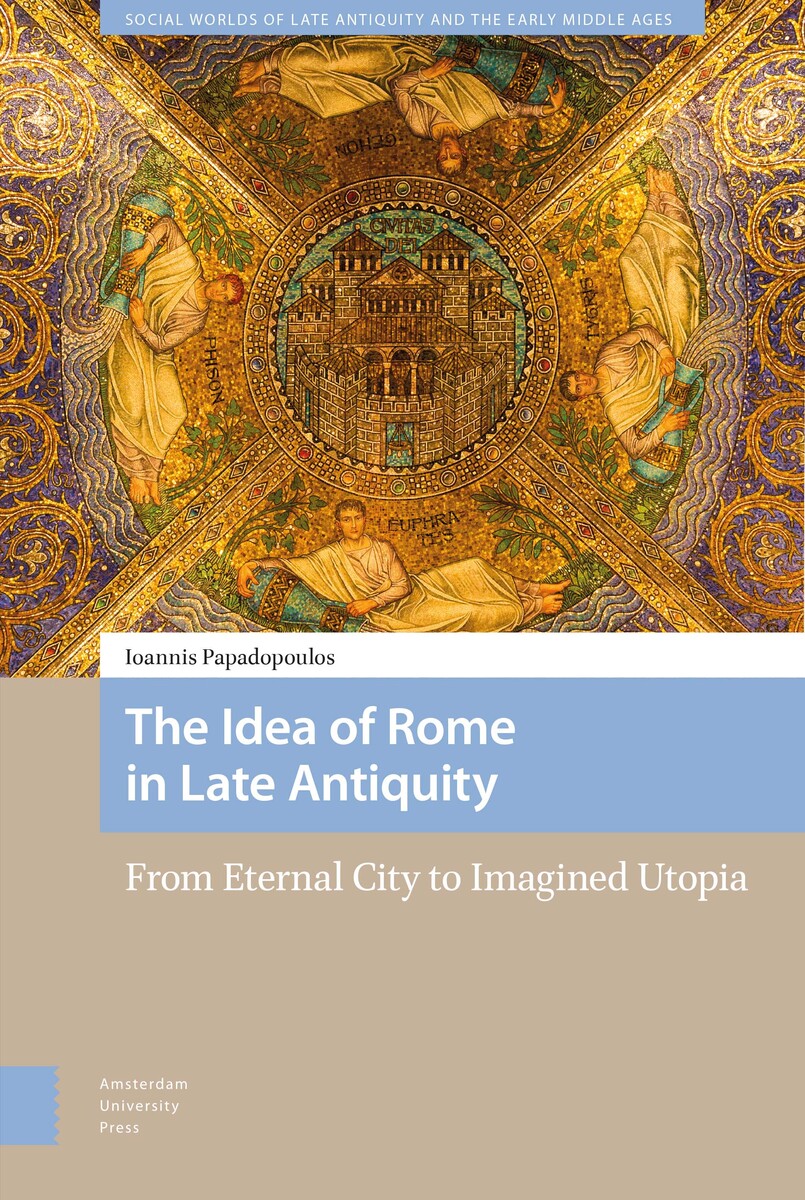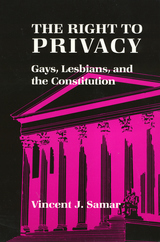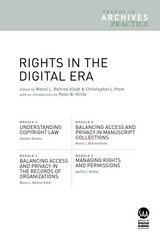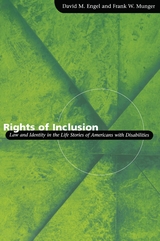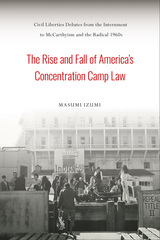The Idea of Rome in Late Antiquity: From Eternal City to Imagined Utopia
Amsterdam University Press, 2021
eISBN: 978-90-485-5351-8
See other books on: Byzantine Empire | Eternal City | Idea | Late Antiquity | Rome
See other titles from Amsterdam University Press
eISBN: 978-90-485-5351-8
ABOUT THIS BOOK | AUTHOR BIOGRAPHY | TOC
ABOUT THIS BOOK
The aim of this book is to approach the manifestation and evolution of the idea of Rome as an expression of Roman patriotism and as an (urban) archetype of utopia in late Roman thought in a period extending from AD 357 to 417. Within this period of about a human lifetime, the concepts of Rome and Romanitas were reshaped and used for various ideological causes. This monograph is unfolding through a selection of sources that represent the patterns and diversity of this ideological process. The theme of Rome as a personified and anthropomorphic figure and as an epitomized notion ‘applied’ on the urban landscape of the city would become part of the identity of the Romans of Rome highlighting a sense of cultural uniqueness in comparison to the inhabitants of other cities. Towards the end of the chronological limits set in this thesis various versions of Romanitas would emerge indicating new physical and spiritual potentials.
See other books on: Byzantine Empire | Eternal City | Idea | Late Antiquity | Rome
See other titles from Amsterdam University Press
